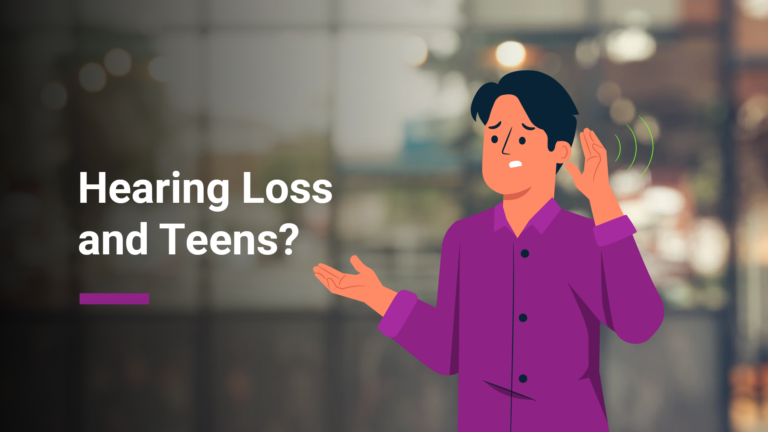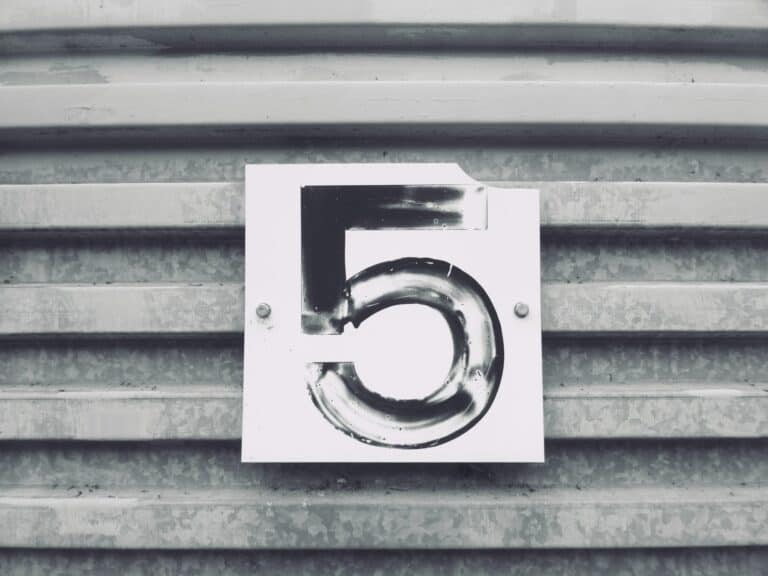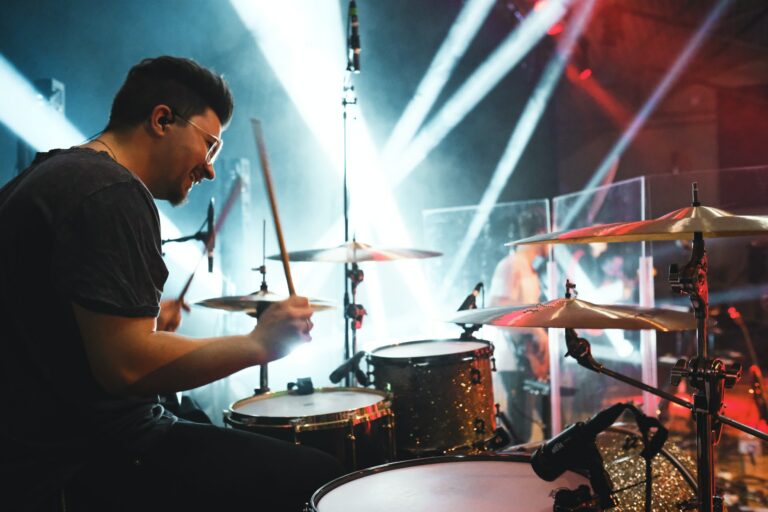Hearing Loss and Social Isolation: An Unheard Issue
Pandemic restrictions have largely eased up, and many people are enjoying activities that were previously put on hold. Meeting with friends and family in person, going out to eat, and traveling are gradually becoming typical again.
But for some, the transition back into society has proven slower and more difficult than expected.
Hearing loss and social isolation isn’t a new phenomenon. When you have trouble hearing the people around you, it can be easy to shut yourself off from them.
But the pandemic did make it easier for people with a hearing impairment to slip into the complication of loneliness. And for many, the pandemic meant health care appointments to get a hearing test or fitted for a hearing aid had to be put on hold.
Understanding how hearing loss and social isolation fit together – and how the pandemic has brought them closer than ever – can empower patients to seek out help. And it can better prepare audiology professionals to take a more holistic approach when considering effective treatments.
Keep reading to learn:
- How Does Hearing Loss Contribute to Social Isolation?
- It’s Not Just Feeling Lonely
- How an Audiologist Can Help
- Signs To Look For in Family and Friends
- Final Thoughts: Hearing Loss and Social Isolation — An Unheard Issue
How Does Hearing Loss Contribute to Social Isolation?

Hearing loss and social isolation are directly related. And social isolation is a strong risk factor for loneliness.
One Dutch study from PubMed found that for every decibel drop of hearing loss, the odds of becoming lonely increased by 7%. On top of that, the risk of developing moderate or severe depression increased by 5%.
This relationship can be the result of many factors, such as no longer being able to understand what friends are saying or finding it too tiring to keep asking others to speak up. Frustration, embarrassment, or listening fatigue mean that some people find it easier to stay home rather than participate in social activities.
And that results in social isolation.
For those who seek help with their hearing loss, hearing aids and other treatments can make life-changing improvements. However hearing loss and social isolation doesn’t only impact individuals who have been reluctant to seek treatment.
As a result of the pandemic, patients already fitted with hearing aids may have gone months or even years without being in a noisy environment or listening to more than one person talk. Some may have stopped wearing their hearing devices altogether while isolating at home.
So while they may be able to hear well much of the time, many are “out of practice” when it comes to listening to multiple speakers. And because hearing loss can lead to difficulty hearing with background noise or in other social environments, patients may now find themselves withdrawing from busy environments if they become too stressful.
Dr. Sonja Jones of Cardiff Hearing notes that a few of her hearing aid patients have brought up new issues during recent appointments. “All of a sudden, they’re finding it really hard to take on board all of the auditory information,” she says.
“So, for example, they go into a supermarket, and they’re already nervous about going because they haven’t been around a whole bunch of people in a while. Not only are they really nervous about that, then they’re hit with all of the sounds of the supermarket that they’re not used to hearing anymore,” continues Dr. Jones. “They’re finding it a little overwhelming.”
It’s Not Just Feeling Lonely
Some may wonder why loneliness is such a concern. It’s true that many people have to deal with health risks due to isolation, but it’s an issue that affects seniors and those with disabilities even more.
As of 2017, about 28% or 13.8 million Americans aged 65 and older lived alone. Living alone doesn’t always mean an individual is socially isolated though. They may still interact with friends, have a job, and talk with family frequently.
But older adults are at increased risk of becoming socially isolated when they can’t leave their homes. Adults who live alone don’t always have a built-in social support network they can easily connect with. Their quality of life and well-being are tied to their ability to get outside the house.
And loneliness has a direct impact on physical and mental health too. Older people are already at risk of cognitive decline and health conditions like Alzheimer’s disease, but isolation can add other mental health concerns to the list.
A 2015 study found that the long-term effects of loneliness are comparable to smoking 15 cigarettes a day. It also increases the chances of death by an average of 29% in most adults.
Loneliness is tied to increased rates of depression, dementia, high blood pressure, and heart disease.
For some patients experiencing trouble with their hearing, the social isolation caused by the pandemic may have caused them to lose confidence in their ability to communicate.
Dr. Jones recalls a long-term patient she treated during pandemic who dealt with this. The patient went from successfully using hearing aids pre-pandemic to struggling in social situations.
The patient attributed the change to a decline in hearing ability, but Dr. Jones was able to use LACE to help show it had a different cause.
“And then, when I showed her the [LACE] scores and how she’s improved over the time and what that meant, it then became really clear, to her and to me, that the issue wasn’t necessarily a processing issue, it was a confidence issue,” explains Dr. Jones.
It’s important that patients and hearing care professionals understand how hearing loss and social isolation can be tackled to ensure the best outcomes.
And while many types of hearing loss can worsen over time, it’s also important to consider the role of social isolation on communication confidence. Knowing the connection between loneliness and hearing loss means that we should be putting a greater emphasis on treating the condition.
How an Audiologist Can Help

If you suspect you or a loved one is dealing with untreated hearing loss that is impacting your social relationships, scheduling an appointment with an audiologist is a good first step.
After a hearing test, your doctor may recommend hearing aids as a solution. These devices can help with age-related hearing loss and greatly improve your quality of life.
If you already wear hearing aids but find yourself struggling in conversations or social activities that you used to enjoy, an audiologist can help you get back on track.
Audiologists can help patients find the right option, make sure hearing devices are fitted properly, and determine if additional support is needed. Patients often need help getting used to their hearing aids with a program like LACE.
For audiologists, mentioning the connection between hearing loss and social isolation can help, as many patients don’t realize the two are connected.
There are other steps that patients can take, whether they use a hearing aid or not.
Your audiologist may offer some tips and strategies, such as to:
- Face the speaker when listening
- Turn down the TV/background noise if possible
- Request people take turns when speaking
- Bring a notepad and take notes if needed
Signs To Look For in Family and Friends

It can sometimes be easier for family members or friends to notice the changes brought on by hearing loss and social isolation than the person it’s affecting. There are some questions that can help determine if someone you know might be dealing with loneliness brought on by hearing loss.
For example, ask yourself: does this person call or visit less frequently? When they do call, do they struggle to communicate or does the conversation seem one-sided?
Have you noticed them participating in fewer of the events or activities they used to enjoy? Have they stopped meeting friends, or do they go shopping less often?
It may not be a dramatic change, but something more subtle.
Final Thoughts: Hearing Loss and Social Isolation — An Unheard Issue
Jumping back into social settings can be tough enough without an added issue like hearing loss. Add hearing loss and the social isolation it can bring, and it just makes things that much harder.
It’s important to acknowledge both the physical and mental challenges that the pandemic has presented for people with hearing loss. It’s possible that hearing ability worsened while an individual was unable to have routine hearing checks, but changes in communication confidence coupled with the struggles that come with increased social interactions shouldn’t be ignored.
LACE can help with both of those issues. Training your brain to listen to speakers can help you adjust to new hearing aids, but it also builds confidence in those who haven’t experienced noisier social situations for a while.
Get started on reclaiming your confidence. Try LACE Auditory Training today.








This is a description of me and my life the past few years, last year I went to a hearing aid place, BIG mistake all they did was make things louder, Ifinally found a real audiologist and WOW things began to look brighter: I had a processing deficit; that qualified me to wear Signa. cros! They are making understand peoples conversations better! But that was only a start, and I knew that, I spent 37 years teaching children who had various learning disabilities! So I knew hearing aids would only be a start, I knew I’m going to have to retrain my brain, I became a widow 3 years ago right in the middle of COVID so physical isolation was just the start, more I was around people I still felt isolated and even depressed, Today I was fitted with a Cros, and I requested something to retrain my brain, which my audiologist happily complied, all left todo is get a new laptop and headphones to begin the first program , For first time in 2 years I really feel I can be apart of life again!